Updated on June 19, 2023
We spend one third of our lives sleeping. Sleep is essential for maintaining balance, repairing tissues, boosting our immune systems, and maintaining a healthy mood. Yet since the start of the lockdown, the Morphée network has received numerous calls from people with sleep problems. Indeed, at a time when our whole world is turning upside, it can be very difficult to fall asleep. Here are 12 tips for sleeping like a baby from Marina Bordet, a yoga, fitness and pilates instructor at Monte-Carlo Bay Hotel & Resort.
# Turn your bedroom back into a place for rest and relaxation
Marina Bordet: Never work in your room; otherwise, your brain will associate this space with work and stress. If you are working from home, set yourself up in your study or living room. Turn your bedroom into a temple for rest and seclusion.
# Re-arrange your bedroom into a peaceful space
M. B.: Keep decorations to a minimum, and remove or stow away anything you don’t need. A peaceful environment will lead to a peaceful state of mind. Turn off or conceal all lights, including display lights on your electronic devices. The most minimal light is still visible to the eyes, even when your eyelids are closed. Remember to turn off your WiFi as well, before you go to bed.
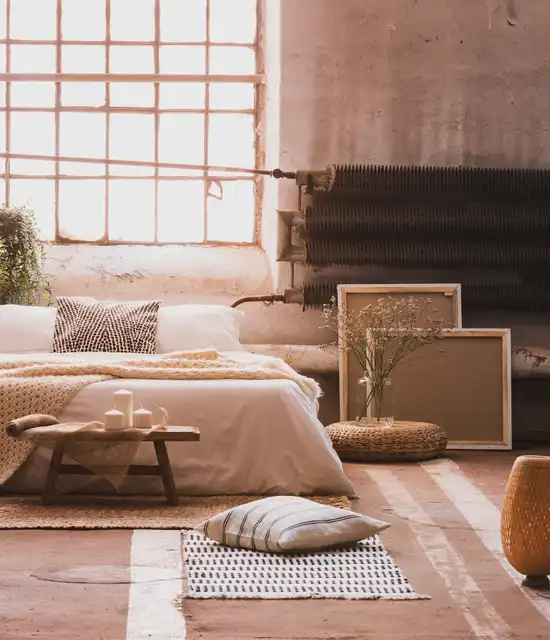
# Adjust your thermostat or open your windows
M. B.: In order to get to sleep, the body needs to cool down. That’s why it’s very difficult to fall asleep when the room is too hot. The National Institute of Sleep recommends keeping the room at 18° in order to facilitate the natural regulation of your body’s temperature.
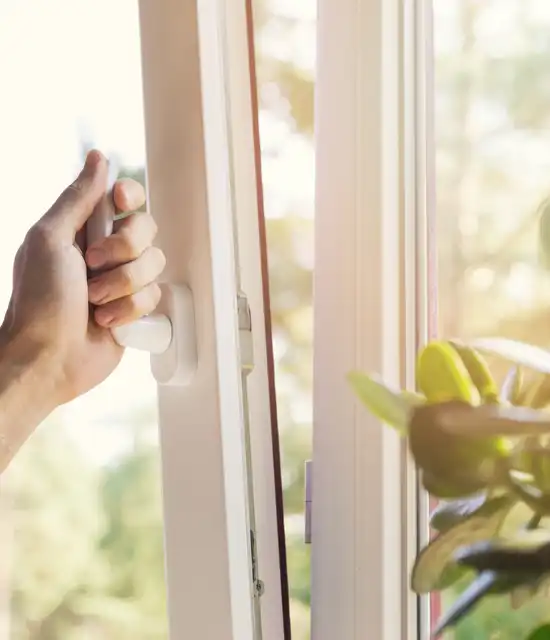
# Use natural materials
M. B.: Use natural materials such as cotton, linen, or silk in your bedding and sleepwear, as they are gentle for your skin, produce less static electricity, and breathe better. Silk pillowcases are highly sought after these days for their anti-ageing effects. A few drops of lavender essential oil on the corner of the pillow can also promote calm and relaxation.
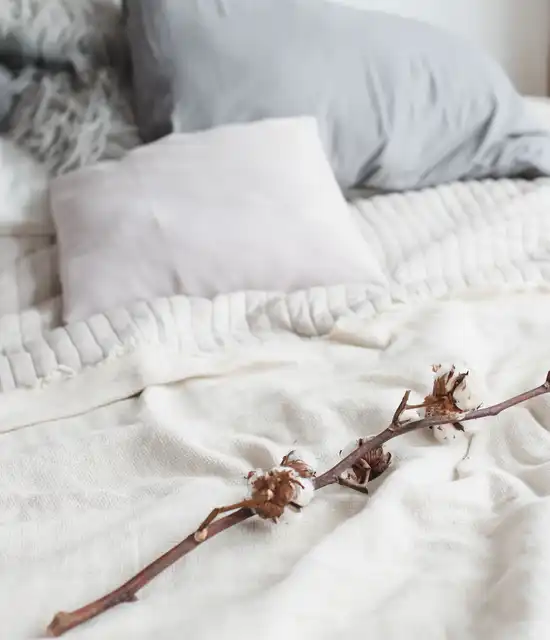
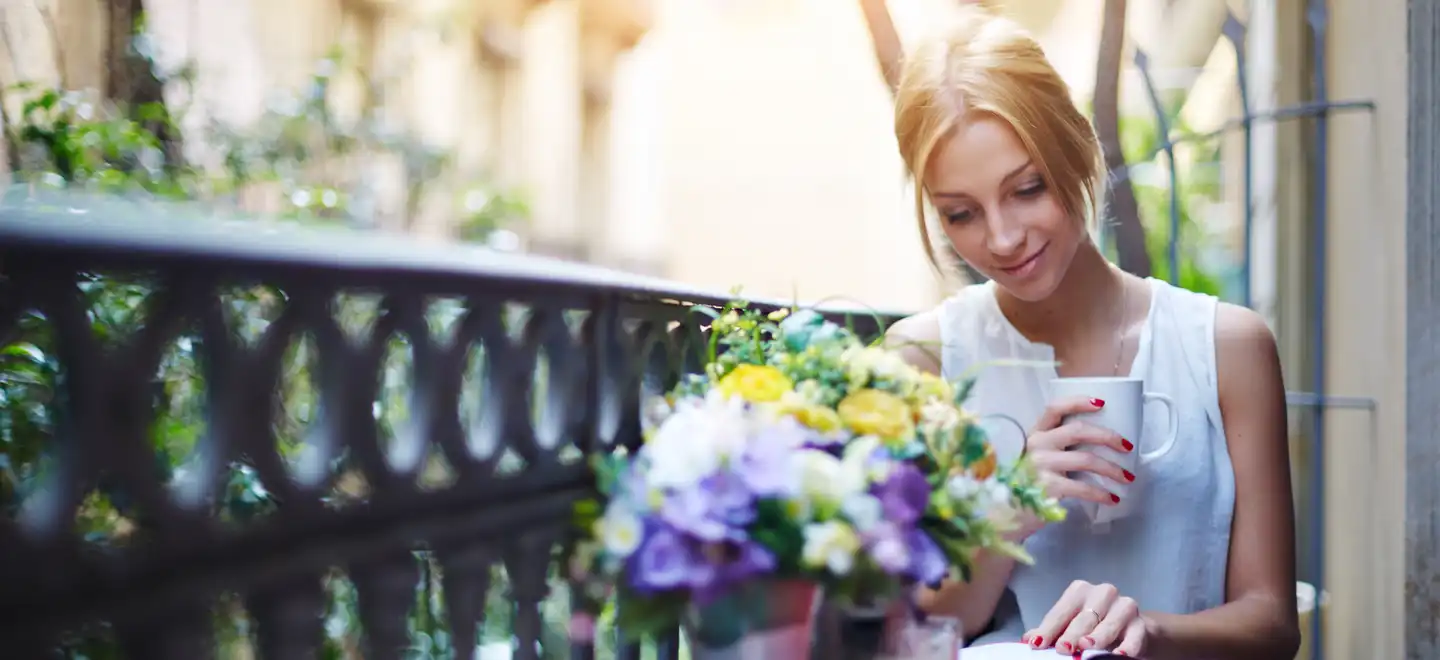
# Keep to the same schedule
M. B.: Since sleep is dependent on your circadian rhythms, try to get up and go to sleep at regular hours, in accordance with your natural rhythms. Some are early risers, and some are late sleepers. We are genetically programmed to sleep differently, which allowed our ancestors to always have part of the group awake and alert to protect the others. Try what works best for you and stick to it. During the day, head out onto your balcony to enjoy the sunlight outside, or open your windows to let the natural light in. Watching a movie in the dark early in the afternoon is not the best thing to do for your internal clock.
# Engage in physical activity
M. B.: Engage in 20 to 60 minutes of moderate physical activity in order to maintain your respiratory, muscular and cardiovascular systems and avoid falling into an excessively sedentary lifestyle. You will find numerous resources online to help you with fitness, yoga, aerobics, dance, martial arts, and more. Make sure you exercise in the morning or the middle of the day, as physical activity increases your metabolism and body heat. If you exercise too late, this could have the opposite effect you want it to, and could make falling asleep more difficult. At night, engage in a low-key activity like yoga or qi gong.
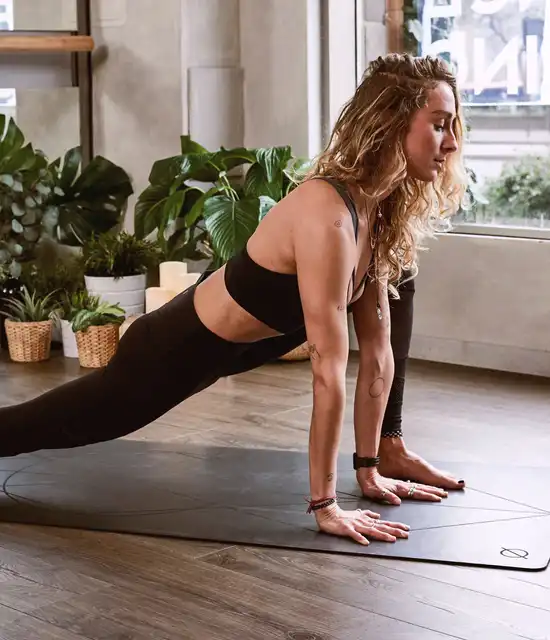
# Limit your consumption of coffee, tea, chocolate and nicotine
M. B.: Caffeine masks fatigue and delays the onset of sleep. Everyone has a different sensitivity to caffeine. Some need to stop taking it after 10am, others can keep going until 3pm without too much trouble. Generally speaking, don’t drink any more coffee after lunch. Tea and chocolate (especially dark chocolate) have the same effect, so you should also consume them in the first half of the day. A herbal tea (e.g. chamomile), when taken at least an hour and a half before going to bed, will help you relax and fall asleep. Tobacco is a stimulant; smokers should remember this before having their last cigarette of the day.
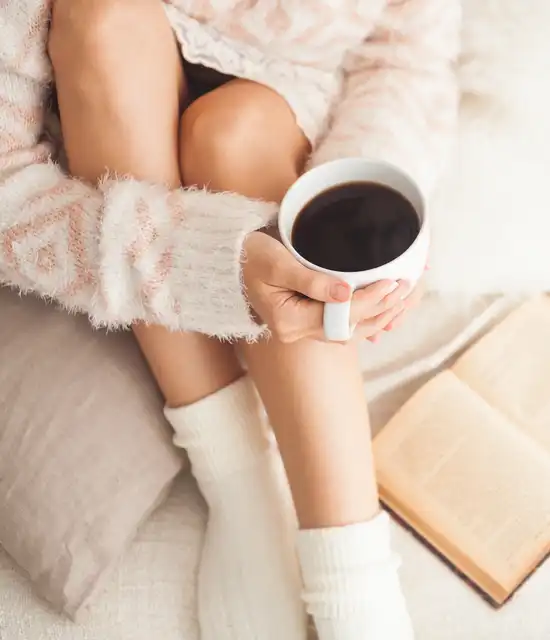
# Eat light (without starving yourself)
M. B.: It’s best to have dinner well before going to bed, so that your body can rest and avoid expending energy on digestion during sleep. Be careful not to starve yourself, however, as this will keep you up and make you restless during the night.
Alcohol dulls the senses, but make no mistake: it is the enemy of a good night’s sleep. Sleep is much more restorative when you drink less alcohol, long before you go to bed.

# Avoid blue light
M. B.: LEDs, screens and cool light impede the production of melanin. Set your screens to warmer colours early in the evening, use soft, warm lighting, and don’t end your day sitting in front of a screen.
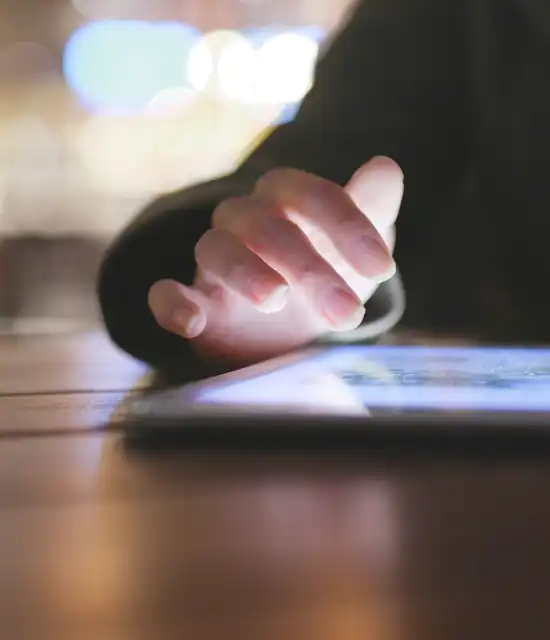
# Engage in a relaxing activity at the end of the day
M. B.: Listen to music, meditate, practice a few yoga positions, take a shower, or have a warm bath with bath salts. These activities are perfect for helping you get to sleep.
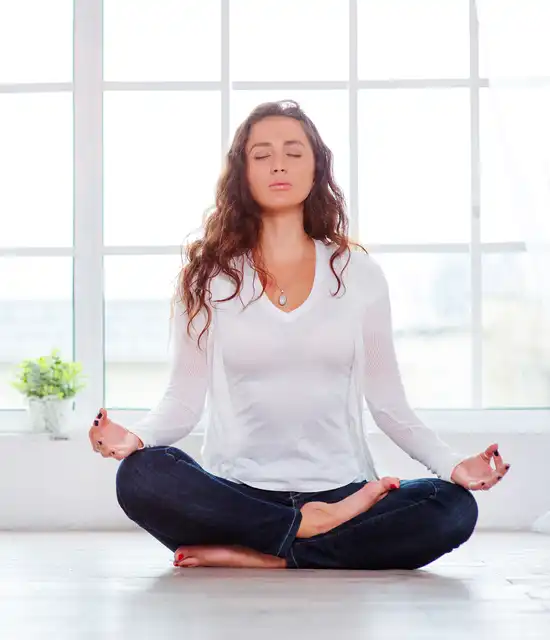

# Get ready to fall asleep
M. B.: Once you’re in bed, get into a comfortable position. Sleeping on your back is the most regenerative position for your body, but this isn’t always apparent if you're not used to it. Whichever position you choose, take some time to relax by loosening each part of your body (first your feet, then your calves, thighs, hips, etc.). Don’t try to solve your problems; you’ll have all the time you need tomorrow. Visualise what you would like to happen, internalise it, then let yourself drift off to sleep.
# Try to wake up right
M. B.: When you're starting to wake up, try to let only positive thoughts in. Gently stretch your body, let out a big yawn, then welcome the new day and all the possibilities it brings.
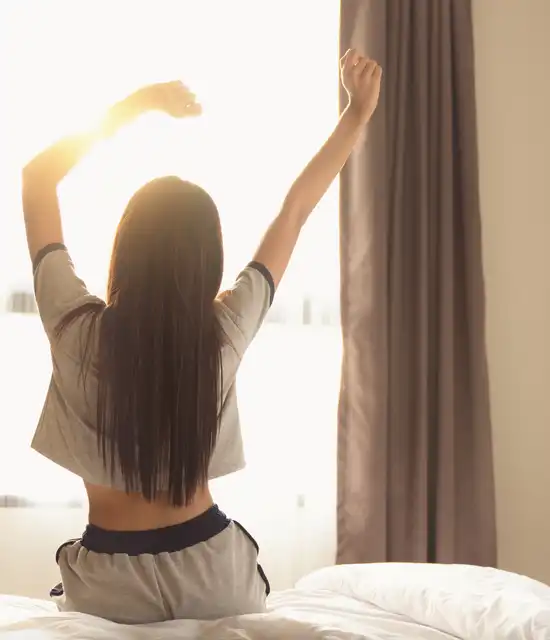
You might also like…
Top Marques car show: from classic cars to supercars, traditional know-how to high technology
As the Top Marques 2023 car show approaches, we hear about the careers of former F1 driver Thierry Boutsen and drone designer Erwan Grimaud, and get their perspectives on the show.

Interview with Liva Ramanandraibe, founder of IBELIV
IBELIV, an ethical brand created in Madagascar, is bringing its refined world to the Jardin Saint-James in collaboration with Monte-Carlo Société des Bains de Mer. Here, we meet the inspiring entrepreneur behind it all: Liva Ramanandraibe.

Repossi: high jewellery and avant-garde design. Meeting with Anne de Vergeron
Meet Anne de Vergeron, CEO of Repossi, for a creative and sparkling tour through the history and behind the scenes of this legendary jewellery house.

